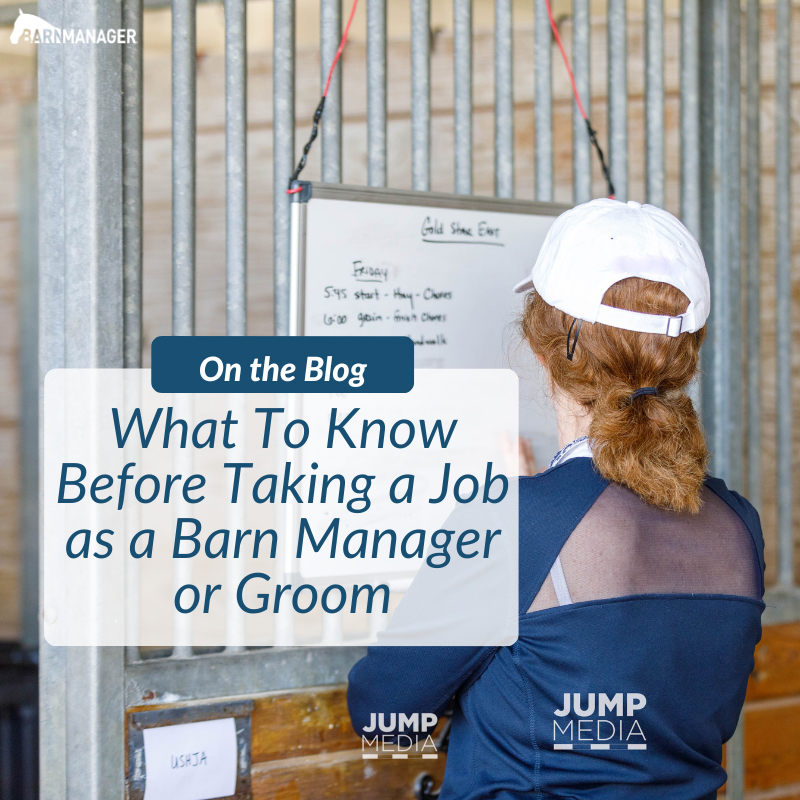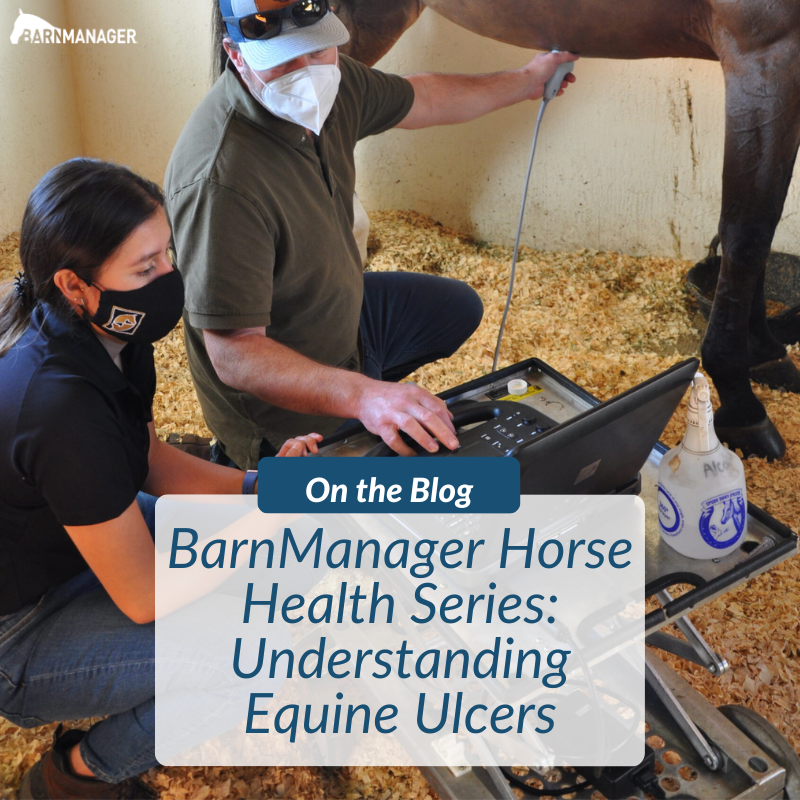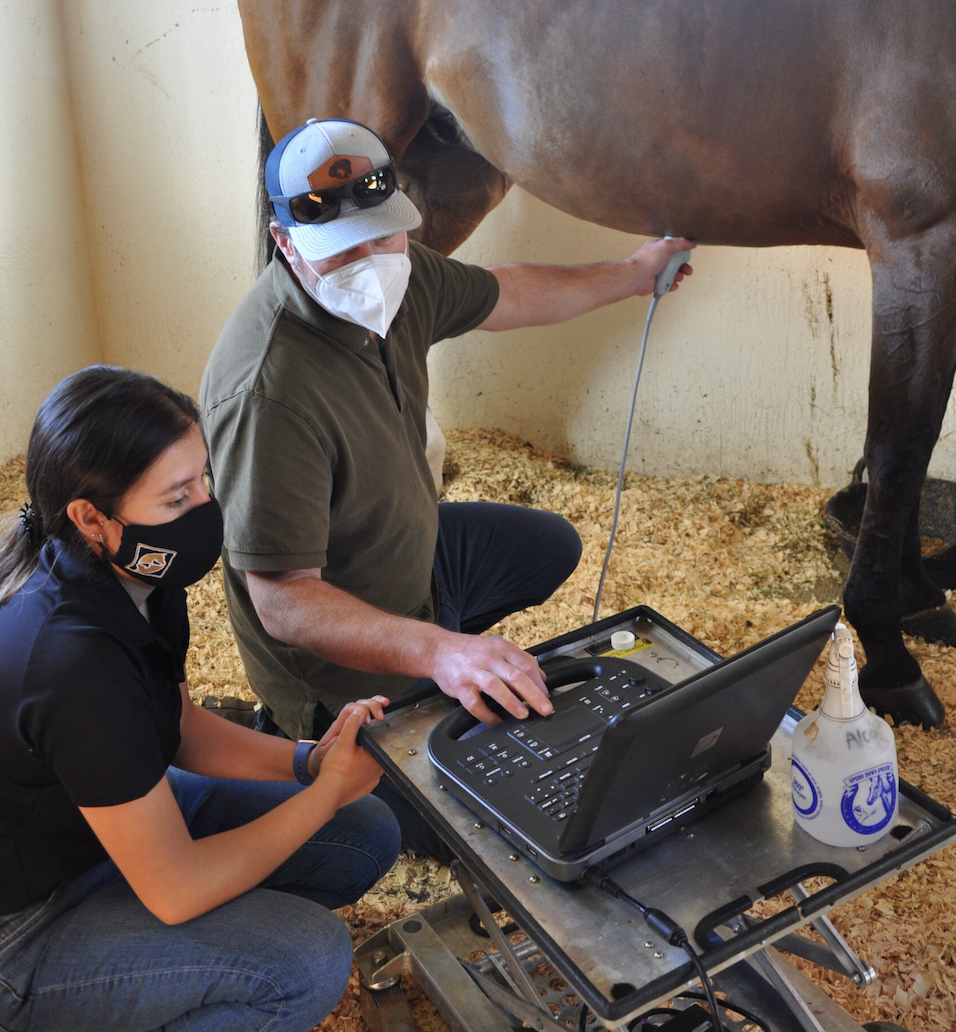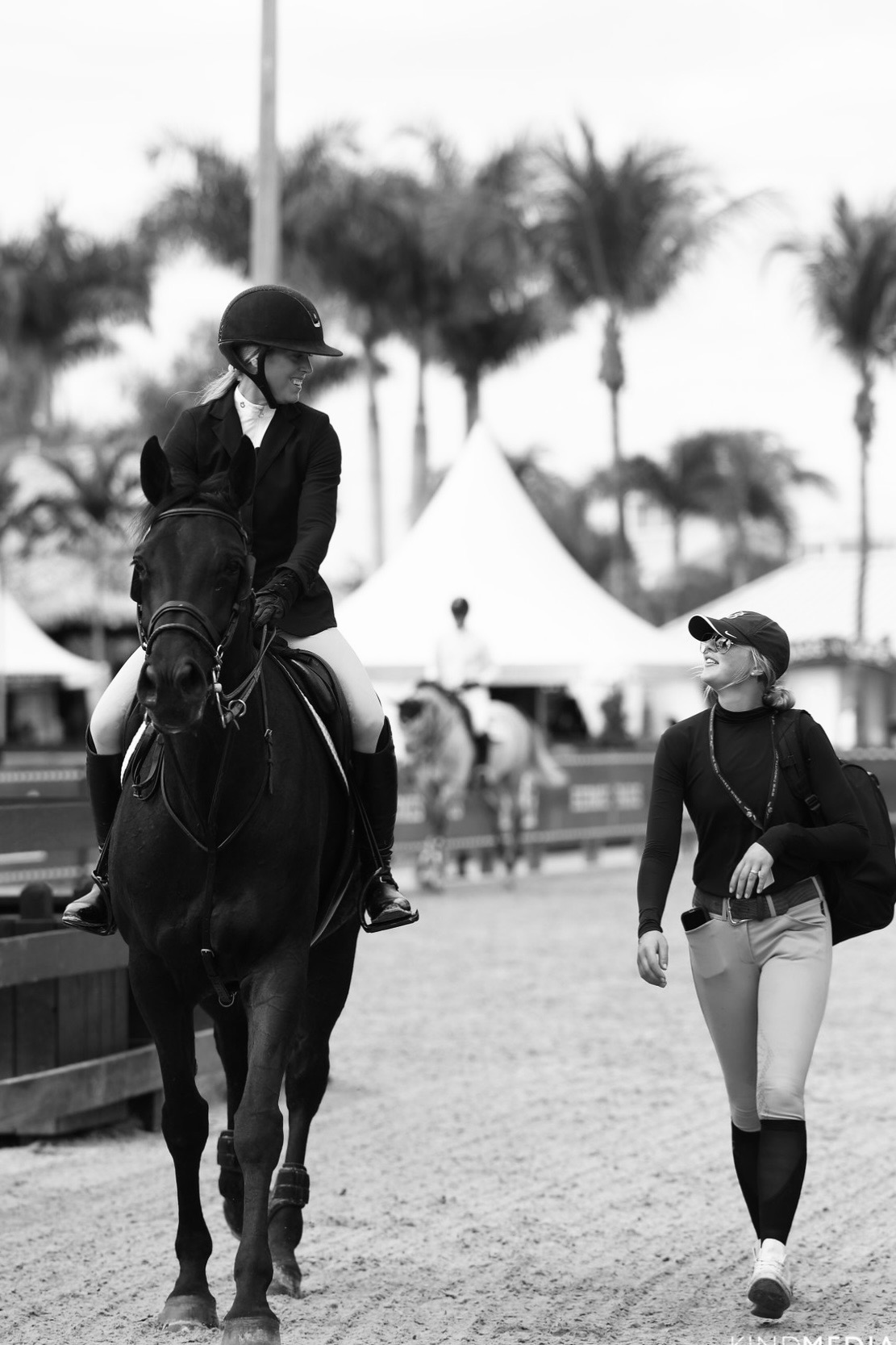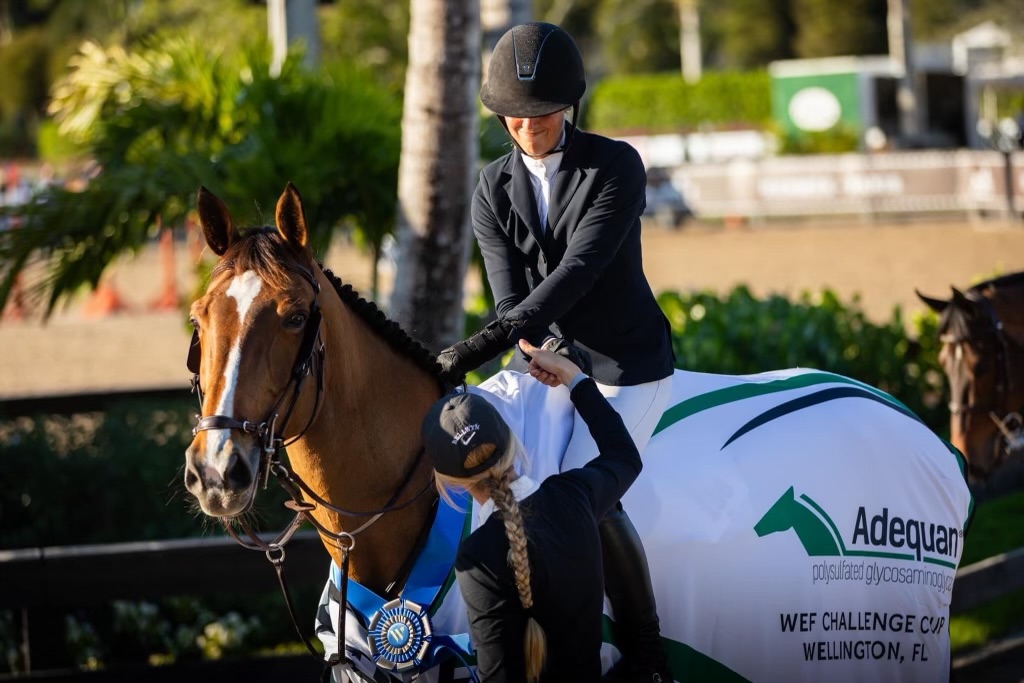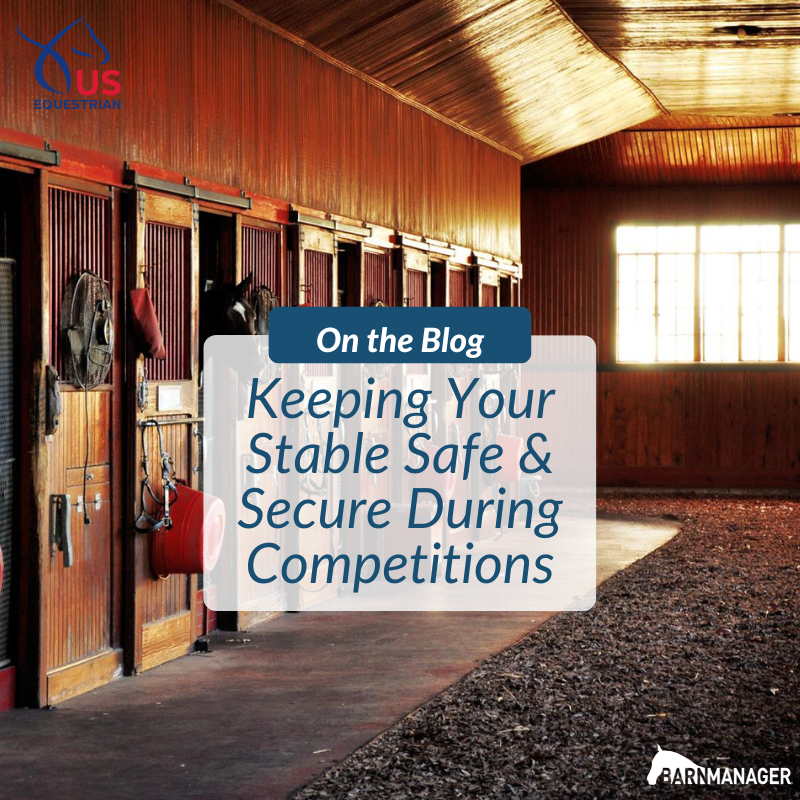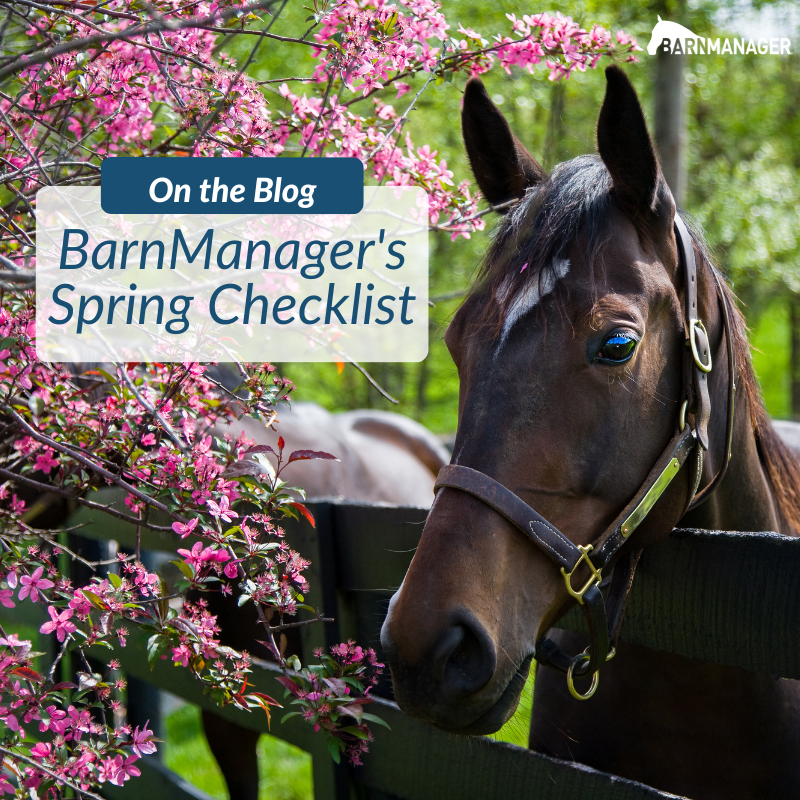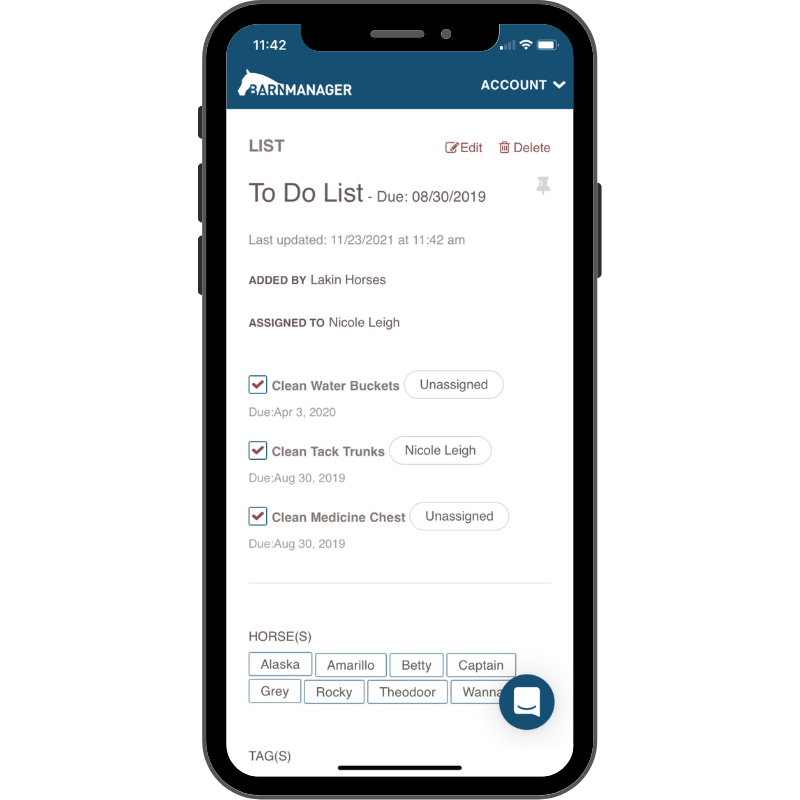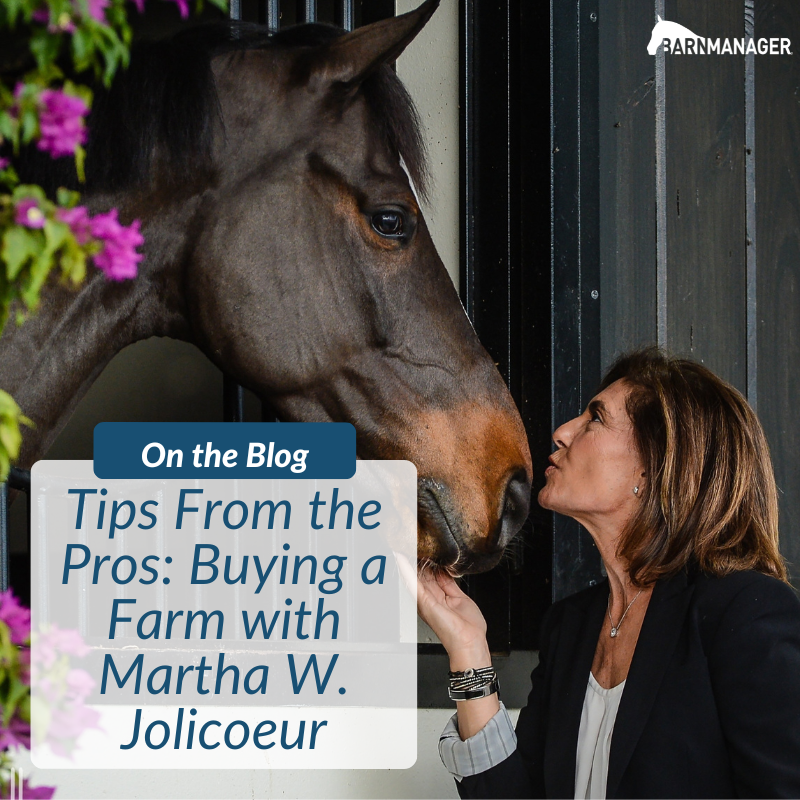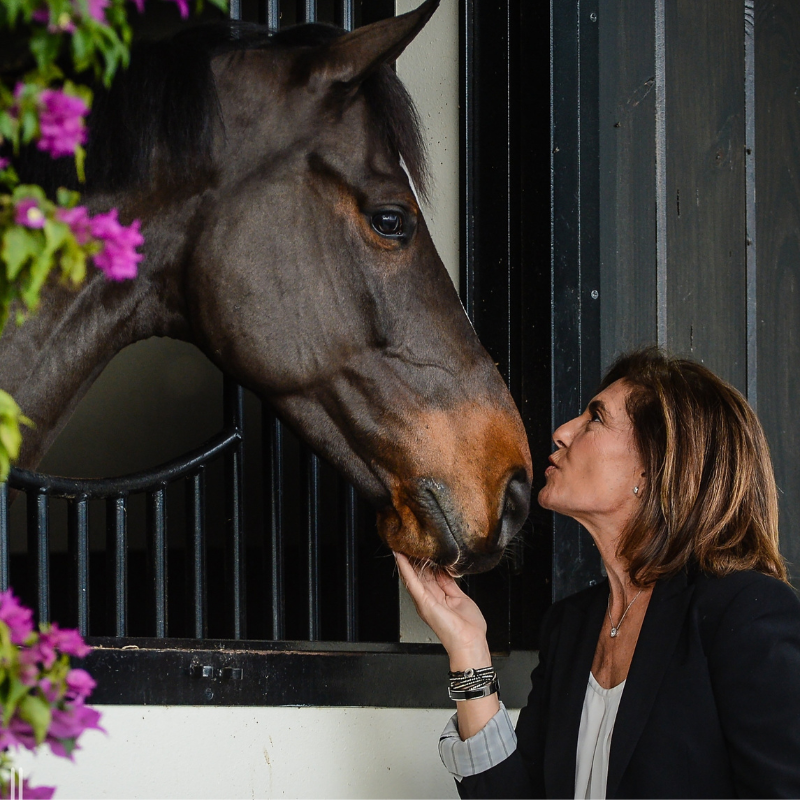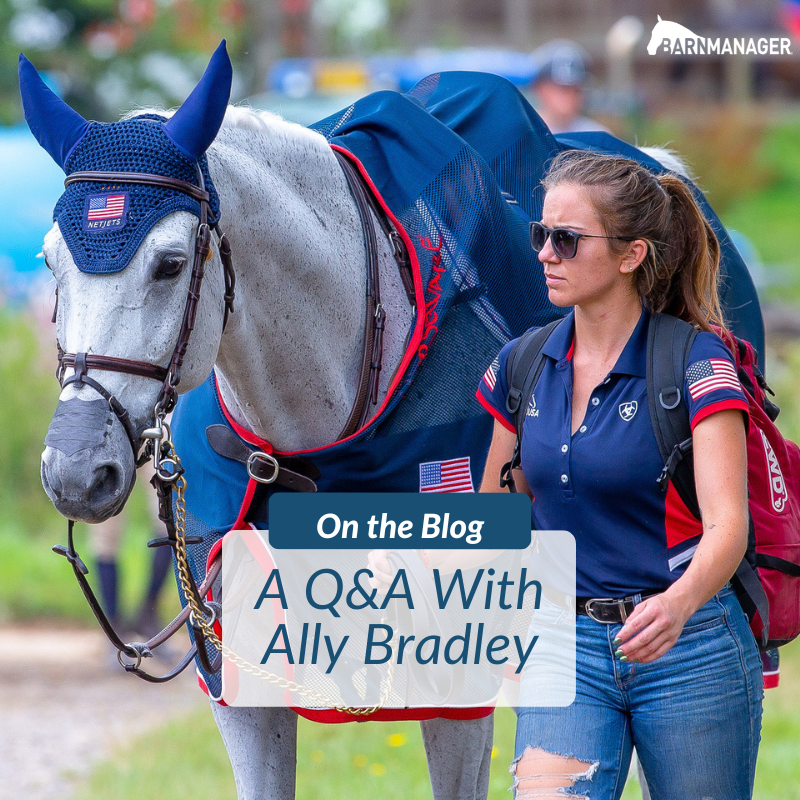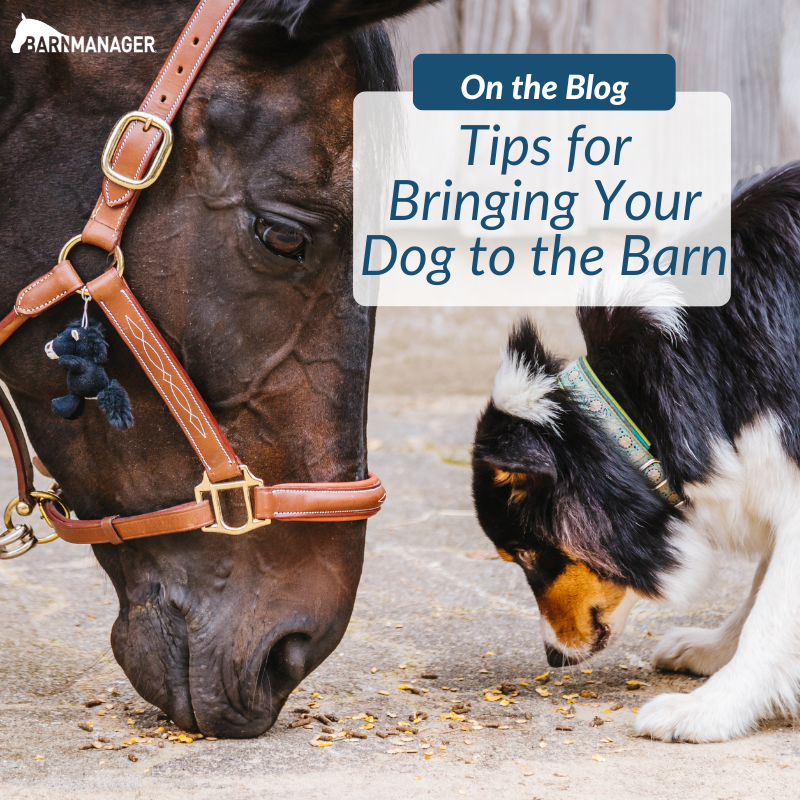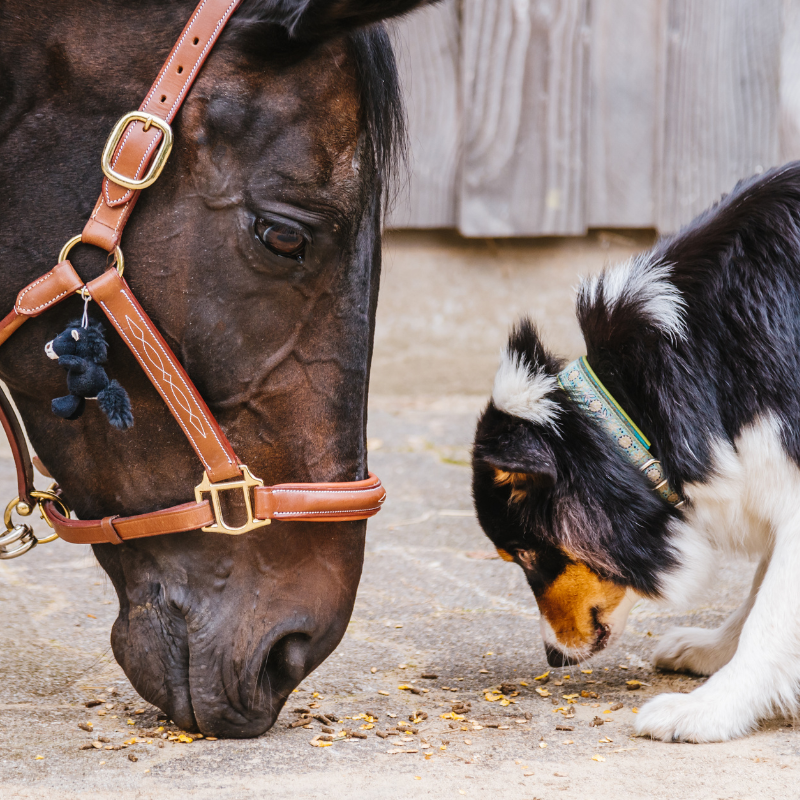Job hunting in the equestrian industry can be hard. Positions with the same title can have vastly different expectations, responsibilities, and benefits. Before accepting a position as a groom or barn manager make sure you understand the details about what you will be asked to do. Keep reading for BarnManager’s key questions to ask during a job interview.
Job Responsibilities
The biggest question to ask when considering a job or during the interview is finding out what your responsibilities will be. For example, get clear on whether the role is specifically grooming, barn managing, or doing a combination of several things. Find out ahead of time if office work will be involved, such as ordering hay, making hotel reservations, or submitting entries so you understand more about what your days and weeks on the job will involve. The more questions you ask about the employer’s expectations for the role and what it takes to be successful in it, the more you will know whether or not it is a good fit for you.
Size and Business Model
Another factor to think about when considering a job is the number of employees and horses at the facility on average. Also ask how many people do certain jobs, including the role you are interested in performing. This information will help you understand how much teamwork or sharing of responsibilities is expected and how busy everyone is throughout a typical day. Find out about the barn’s business model as well. Sales operations run very differently than boarding faciltiies, and competition-focused or discipline-specific stables have different expectations than pleasure, trail, or big lesson barns.
Riding Opportunities
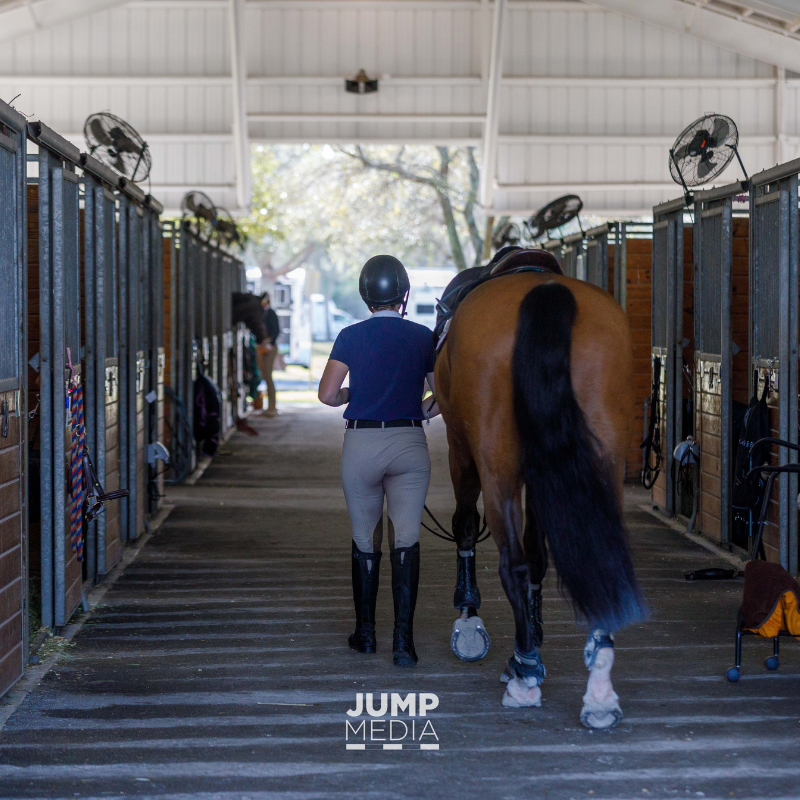
Photo by Jump Media
While some people want riding opportunities as part of their employment, others do not. Either way, it is a good idea to ask if it will be required or if it is an option. Some farms offer occasional flatting opportunities to staff members while others expect staff to ride several horses a day. Get clear on this important topic during the interview so everyone involved is on the same page ahead of time.
Show or Travel Schedule
If you are applying for a position at a show barn, make sure you know the annual competition schedule. Even if the job calls for you to stay home, understanding how often the barn’s horses, customer, and staff are on the road is crucial. Additionally, whether the position is based at home or goes to shows, it’s also useful to have an idea about how many staff members and horses stay or go during the various show seasons and for how long. For example, you may not want to accept a position where you would be left at home in charge of caring for half of the the barn’s horses if most of the other employees are away at the shows.
Days Off
This question is extremely important to ask for any job in the equestrian industry. Days off are not always guaranteed every week, especially at show barns, so having an understanding of what is expected ahead of time is essential to being happy with the position if you decide to accept an offer.
Staff Turnover
Although this one can be tricky to ask directly, do your best to learn about the workplace culture at the barn. Ask about longtime staff members and try to get an idea about how long other employees have been working there, including those who have held the position they are looking to fill. A job or an organization with high turnover could mean that workloads are unreasonable or employees are not treated well.
Job hunting is challenging so make sure to gather as much information as you can about a role you are interested in to help make an educated decision about whether or not it is a good fit for you.
Have questions about utilizing BarnManager or want to give it a try for yourself? Request a live demo here!
